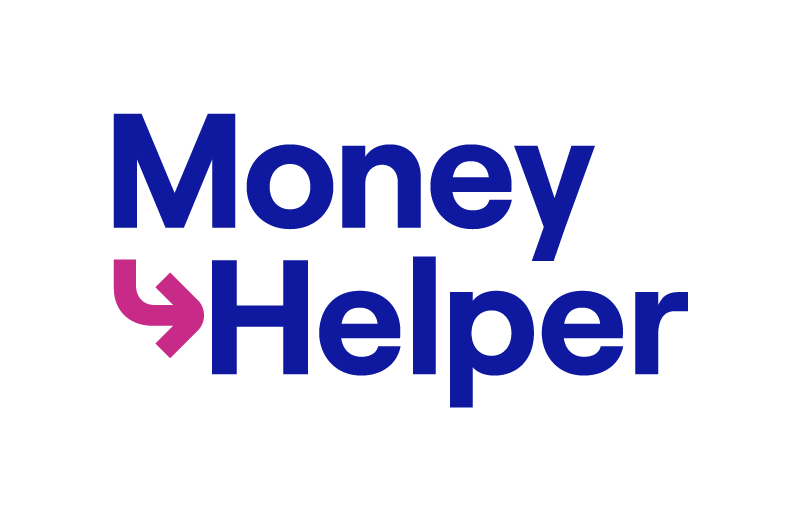How we help you
- September 2012
- August 2012
- July 2012
- June 2012
What is an Insolvency Practitioner and what do they do?
An Insolvency Practitioner (IP) is the person who can set up your Individual Voluntary Arrangement (IVA) and help make sure that it runs smoothly from month to month.
What will an IP do?
The first thing your Insolvency Practitioner will do is talk you though your finances so they can draw up an IVA proposal (if an IVA looks like the best approach for you to take). This will inform your unsecured lenders of the proposed terms of your IVA - including how much you're proposing to pay each month.
They'll figure out how much will be offered to your lenders by looking at how much money you have left over after your monthly essential costs are accounted for. Your essential costs are basically things you have to pay for each month - like your mortgage/rent, food and heating.
Your lenders aren't obliged to accept the proposed terms, but they're more likely to if they can see that this is as much as you can afford - and that it would be the best way for them to get back as much of what you owe them as possible.
If enough of your lenders accept your IP's proposal, your IVA will go ahead. Your IP will then do what they can to make sure that your IVA runs smoothly, and check that you can still manage your monthly repayments on a regular basis.
If you needed to adjust the size of your monthly repayments - or even take a short break from payments because of a financial emergency - your IP would try to negotiate this with your lenders if they think it's the best option for you to take.
You can also ask your IP for advice if you have any questions about your IVA.
If you have any questions about IVAs now, you can visit our FAQs page.
What else is involved in an IVA?
During your IVA, your lenders will freeze interest and charges on your debts, and they won't be able to take any further legal action against you.
You will only be eligible for an IVA if you can no longer meet your monthly unsecured debt repayments - and doubt you'll be able to clear your debts in any realistic timeframe. You will still be expected to make (smaller) monthly payments, however, so you should be able to commit to these.
If you successfully complete your IVA (usually after five years) any remaining unsecured debt will be written off.
An IVA isn't an easy path out of debt, however. It will damage your credit rating for six years - and if you fall seriously behind on your payments your IVA might fail, so your lenders may try to make you bankrupt. If you are a homeowner, it's likely that you will be asked to release some equity in your home.
Having said that, continuing to struggle with your unsecured debt without getting any professional help also has its disadvantages. You could damage your credit rating, run up charges for non-payment and end up being taken to court (and possibly declared bankrupt).
If you feel like an IVA might be right for you, you should fill in our callback form and a debt expert will call you back to discuss your options.
By .

It's good to know:
- We negotiate with the UK's major lenders and retailers
- We pride ourselves on our approach to great customer service
- Each month 1000s of people are benefiting from our help

To find other sources of free advice visit Money Helper. It's here to listen and give free, impartial, trusted guidance. Based around you and backed by government.
Subject to eligibility and acceptance. Fees Payable. Debt write off applies to unsecured debts only and on completion of an IVA, alternative solutions may be offered. If your IVA fails, it could lead to Bankruptcy. Your ability to obtain credit will be affected for at least 6 years. Homeowners may be required to release the equity in their property.